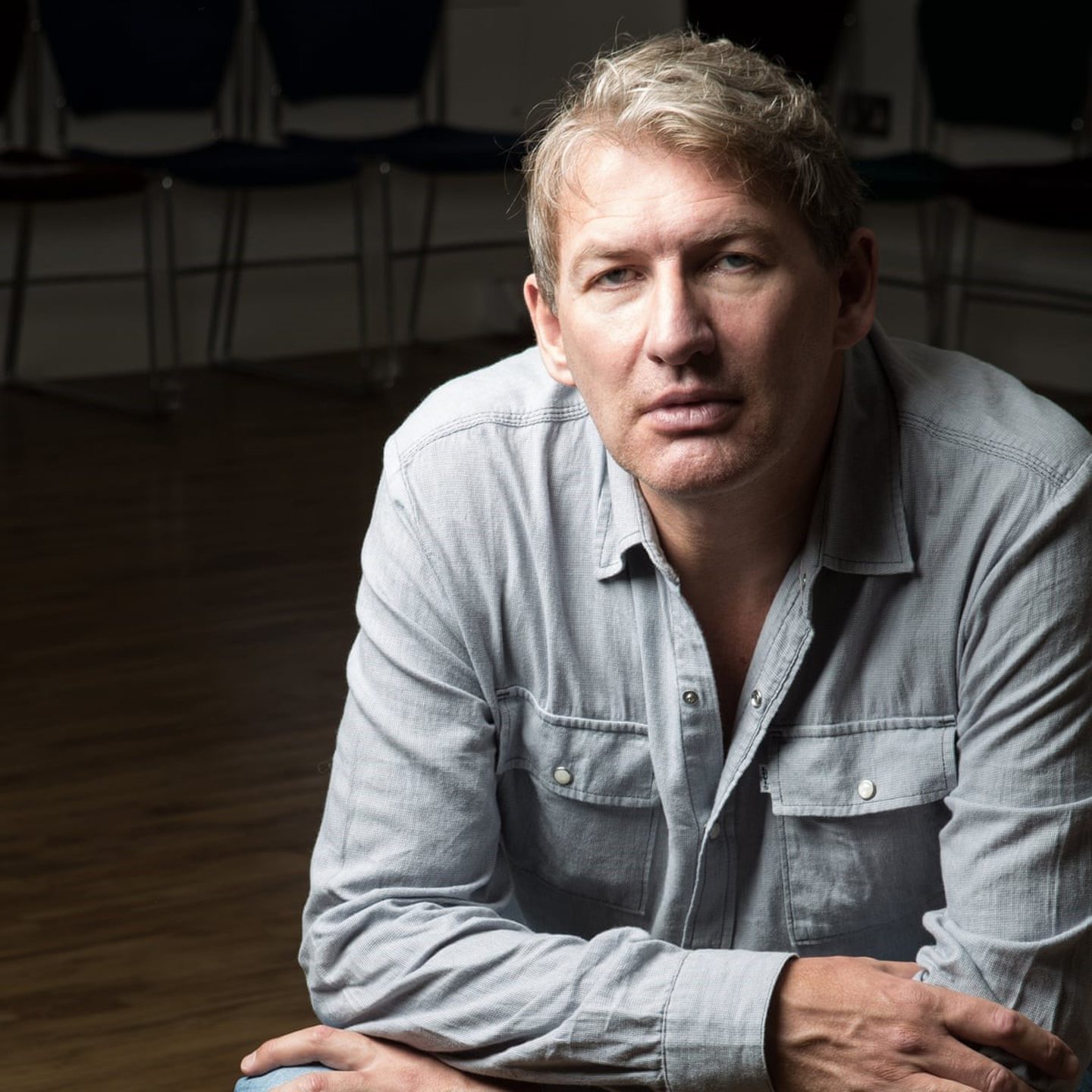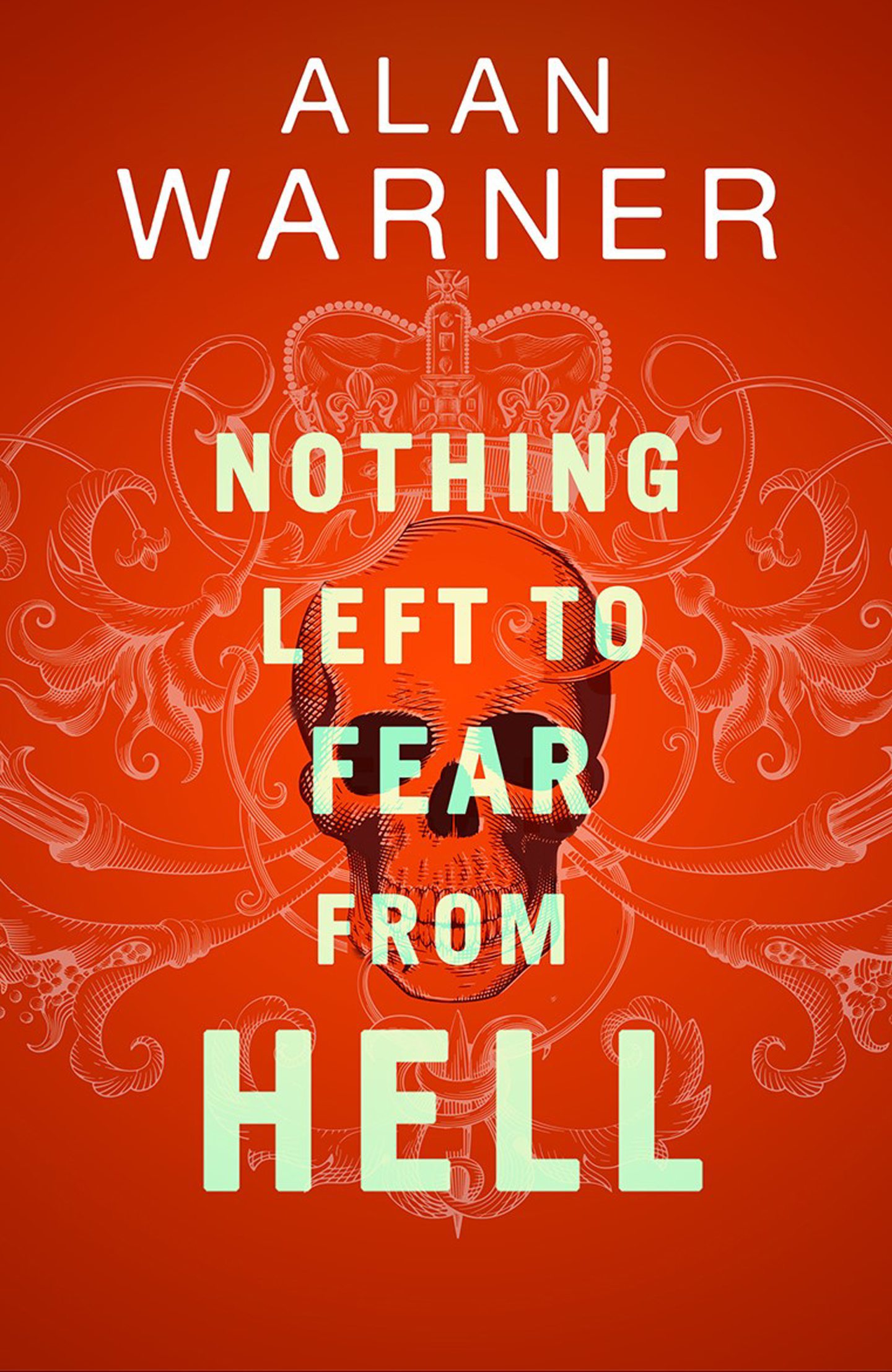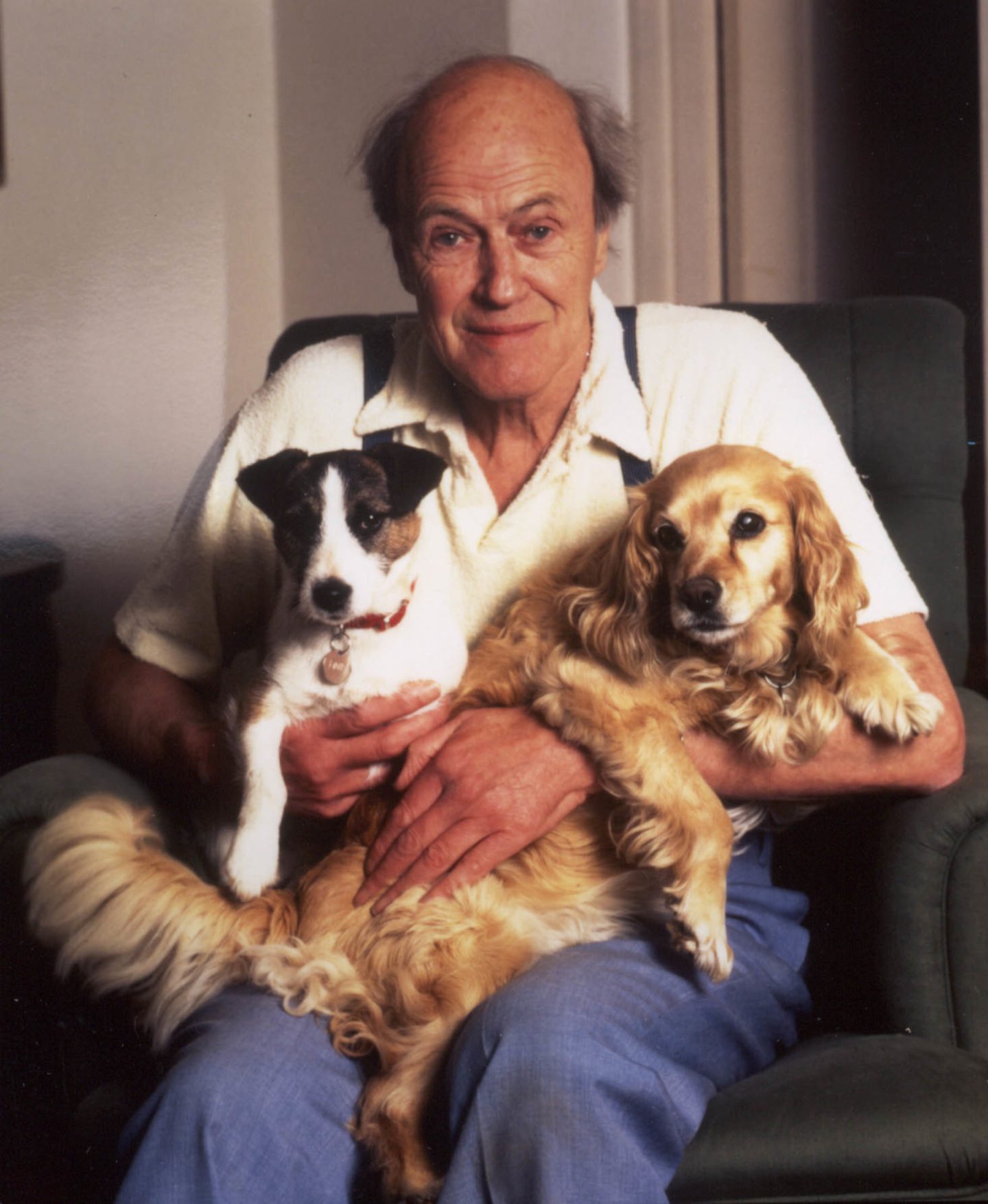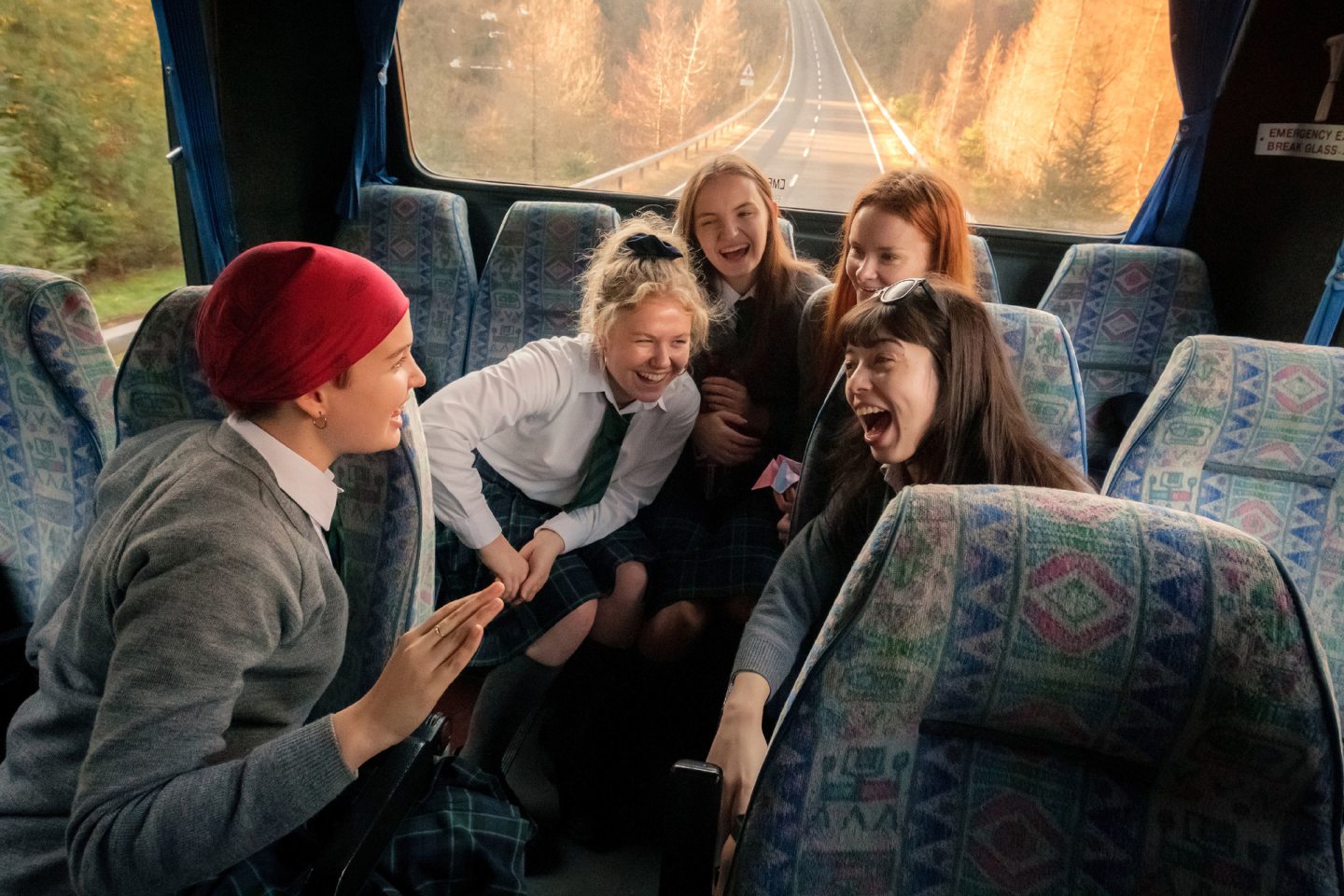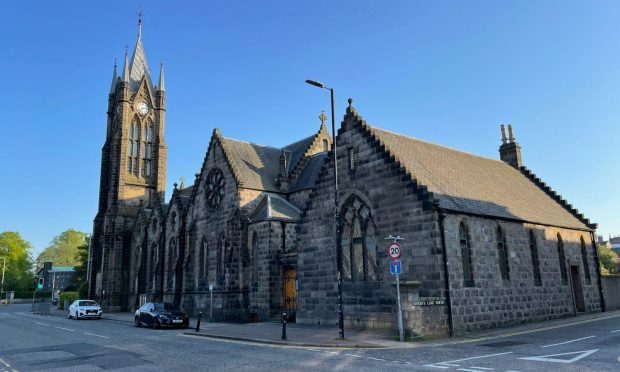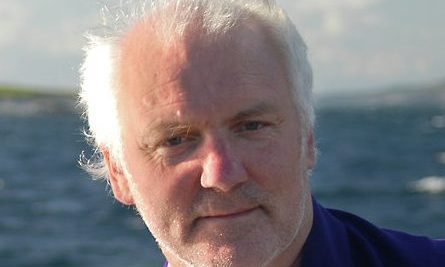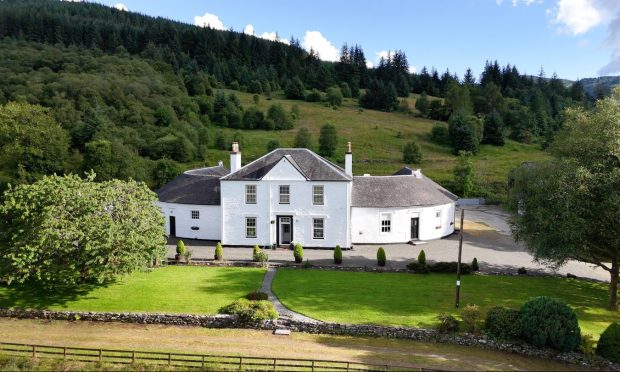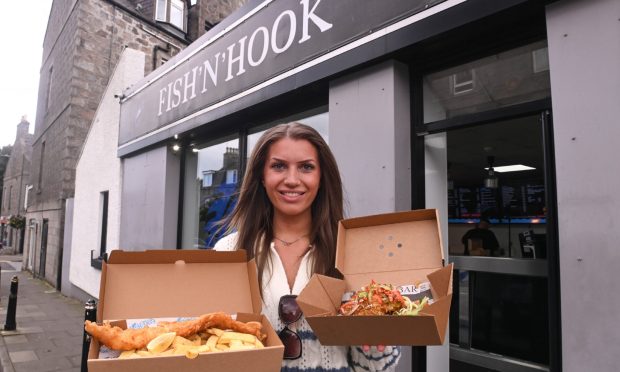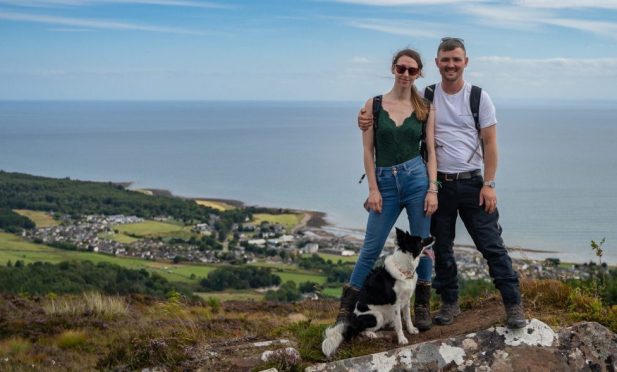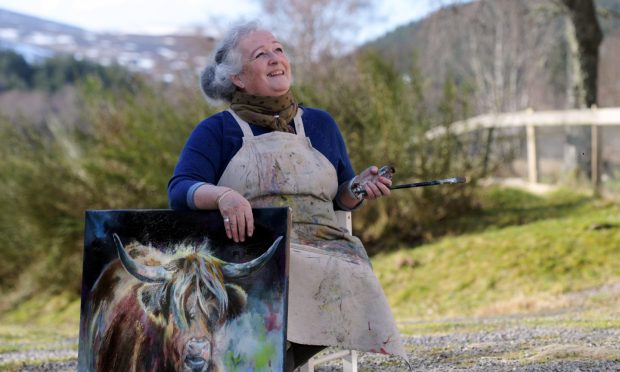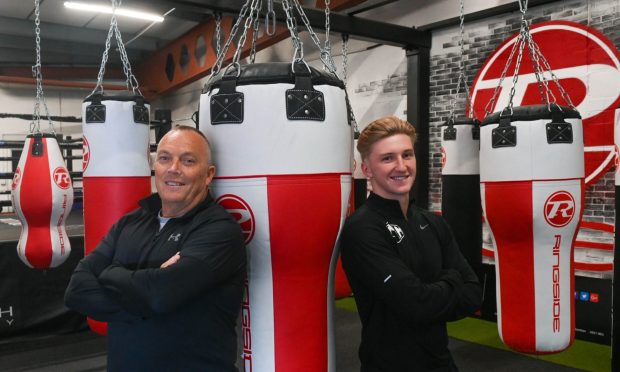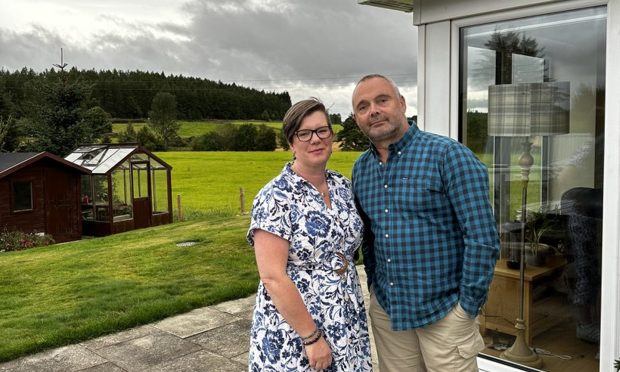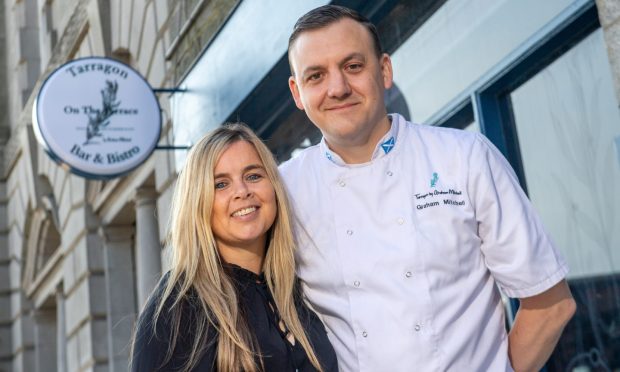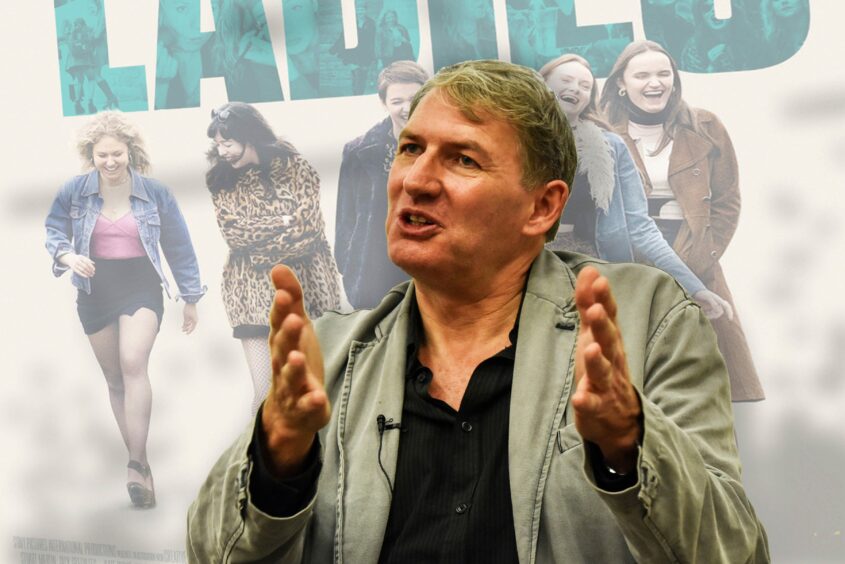
Nobody can ever accuse Alan Warner of being a formulaic writer. Nor of being passionate when it comes to tackling political issues.
This is the man who brought us The Sopranos: a boisterous coming-of-age saga about a group of teenage girls on a journey from Fort William to Edinburgh and having their eyes awakened to the big bad world, which eventually became the film Our Ladies.
The Oban-born, Aberdeen University lecturer was also the creator of Morvern Callar, an eerie and mesmerising novel about a low-paid employee at a supermarket in a desolate port town in Scotland, who wakes up one morning in late December to find her boyfriend has committed suicide and is lying dead on the kitchen floor.
It too became an acclaimed movie, starring Oscar-nominated Samantha Morton and directed by award-winning Lynne Ramsay, whose collaboration yielded a rich reward.
Yet any similarities between the two books was purely coincidental. And now, Warner has travelled down another different route for his latest work, which bears the intriguing title Nothing Left to Fear from Hell – putting the microscope on Bonnie Prince Charlie, one of the greatest Marmite figures in the whole of Scottish history.
Book paints picture of Jacobite life
Typically, this is no conventional trek into traditional territory. On the contrary, Warner has painted a warts-and-all canvas of a volatile, violent period when life was cheap and many of the Jacobites paid a heavy price for staying loyal to the Young Pretender, whose memory lives on across the Highlands and Islands 235 years after his death.
He said: “It’s about Bonnie Prince Charlie on the run in 1746, after the Battle of Culloden. Polygon Books have been doing a super series entitled ‘Darkland Tales,’ commissioning Scottish writers to write about significant moments in Scottish history and [renowned authors] Denise Mina and Jenni Fagan have done previous books.
“The idea was Jamie Crawford’s at Polygon. He had a wise hunch (possibly from my novel ‘The Man Who Walks’) that while no expert, I was interested in the Jacobite risings. But, of course, turning that interest into fiction was challenging.”
It’s a tour de force of the author’s fertile imagination. In prose that is by turns poetic, comic, macabre, haunting and humane, he traces the frantic last journey through Scotland of a man whom history will come to define as a failure.
But what did he make of his protagonist as the story unfolded? Was Charlie an idealistic patriot who rallied the clans or a feckless fighter who deserted the Jacobites to save his own skin? It’s a question which still provokes arguments in many communities.
He did bring death and destruction
Warner said: “He was out to get his father, and consequently himself, on the throne of Britain, not just Scotland – and he was relentlessly ambitious about this and continued to be so after Culloden. A sense of entitlement doesn’t really describe it.
“I am not a slavish fan and apologist, but I am not out to sabotage and undermine his mythology either. He was brave and tough, and knew that he had to work his way from the bottom up. Alas, he did bring appalling death and destruction, and I would say that the ‘45 [Jacobite] rising accelerated the Highland Clearances, though that is a complex issue which is best left to competent historians.”
There has been a lot of controversy recently over the “editing” of books by authors such as Roald Dahl and Ian Fleming, erasing some of the racism, sexism and perjorative terms which often crop up in these writer’s ouevres. Some universities, including Aberdeen, have been dragged into a debate about the use of “trigger warnings”, where students might be distressed by the contents of books – including Peter Pan.
It’s not an area which Warner wants to address – he has plenty of other matters on his to-do list – but he simply responded: “It’s a question which should not be directed to authors, but instead to publishers: the ones making these decisions.
“It’s ironic that many scholars have worked for lifetimes, trying to research, locate and identify the most accurate texts in relation to particular authors’ original intentions, and to produce the most definitive editions. Suddenly – a new variable has arrived!”
Woodside Library made an impression on him
Alan is a passionate devotee of books and the joy of reading, so he has been infuriated by Aberdeen City Council’s recent decision to close six libraries.
And one, in particular, has made a deep-rooted impression on him.
He said: “During the Covid months of lockdown, I would take long solo walks through this – to me – new city. A new career in a new own. It was then I came across Woodside Library – a wonderful, purpose-built building, serving readers since 1883.
“I stood outside as – of course – during the awfulness that period, it was closed. The toytown uniqueness of this wee library made me think about the small library in Corran Halls in Oban, where as a child my father took me along to withdraw his books: (thrillers by Desmond Bagley and Wilbur Smith) when my first reading of books started. I recall surprising him by taking out poetry books and science fiction.”
‘I hope the council will reconsider’
He continued: “I promised myself that, as soon as Covid was gone, I would visit the re-opened Woodside Library and have a good nose around its shelves; and I did.
“How ironic for me after that horrible Covid era, to stand outside Woodside Library and to find it closed once again, but this time, not temporarily by a global pandemic which killed millions – but forever.
“Closed by a short-sighted local council who, in order to save relatively modest amounts of money, have halted this little dream factory, (and five other Aberdeen libraries too) – where not just adults, but children also, come to encounter physical paper books, beyond that electronic world of their phones and computers.
“To say it’s depressing is an understatement. Since 1883, closed book pages have been opened to the light here. Well, forget it. I hope the council will reconsider….”
We can argue about Bonnie Prince Charlie until the Highland coos come home. But Alan Warner is surely right about the importance of libraries in our lives.
Nothing Left to Fear from Hell is published by Birlinn.
FIVE QUESTIONS FOR ALAN WARNER
1)What book are you reading? “I am reading so many I am no longer sure! It’s more what do I remember finishing. I think the last one I finished was Edna O’ Brien’s book on Byron! Though I prefer Edna to Byron, bless her.”
2)Who’s your hero/heroine? “My lovely wife Hollie-Lisa, for putting up with me for so long.”
3)Do you speak any foreign languages? “Horrible, low vocabulary, bar-room Spanish which I refuse to speak.”
4)What’s your favourite music or band? “I know it’s not cool, but I love instrumental jazz…it’s so vast, and then you appreciate how swiftly it evolved and transformed.”
5)What’s your most treasured possession? “Oh gosh, that is a very good, difficult question. I do love certain objects, usually worthless, but for me they have a lot of sentiment attached to them, perhaps connected with my parents. As long as the people and animals I love are safe, I am not too bothered.”
